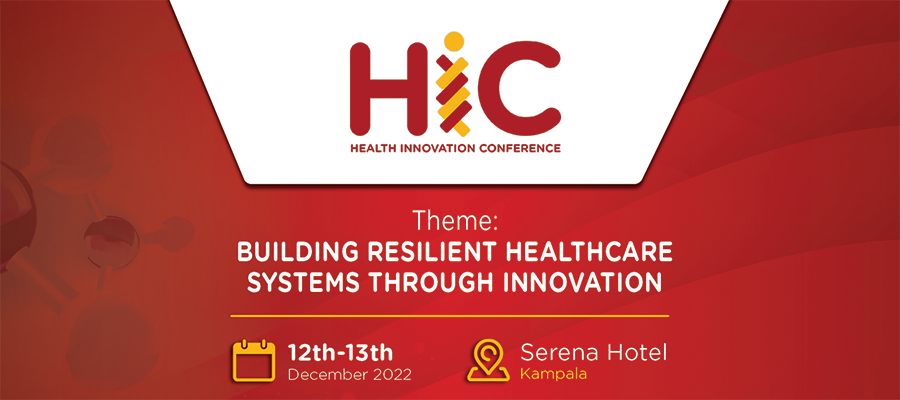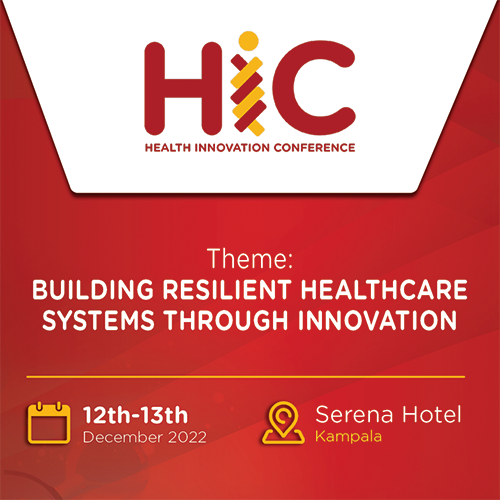


Background
Future-proofing healthcare systems require systems to be rethought from being reactive to proactive, data-enabled and establishing new collaborative models. This will enable systems to optimize the delivery of care, care pathways, and disease management whilst ensuring that healthcare systems are agile and better equipped to handle future crises and long-term needs.
This will also require building capacity for preventive medicine that focuses on keeping individuals and populations healthy (Alturkistani, Majeed et al. 2018). With increasing Non-communicable diseases, coupled with high costs of healthcare services, there is need to reinforce the pillars of preventive medicine so as to ‘protect, promote, and maintain health and well-being and to prevent disease, disability, and death’ (Alturkistani, Majeed et al. 2018).
Achieving this will require leveraging innovations in technology (Audi, Hagembe et al. 2020). Advancements in AI will enable real-time analysis of data to inform prediction and hotspots for possible outbreaks, sequencing of novel disease genomes, and accelerate vaccine development and rollout.
Digital technologies will offer agile, adaptable, and crisis-resistant supply chain systems to effectively coordinate and allocate medical equipment and drugs. Digitized financial management systems will offer insightful finance resource allocation to support response to emergencies. Interoperable Electronic Health records will enable easy sharing of anonymized medical information for clinical management, contact tracing, and disease patterns in different populations. A spectrum of technologies have registered positive impact in primary prevention and building upon these will not only ensure a healthy population but also contribute to resilience (Alturkistani, Majeed et al. 2018).
At the HIC2022, we shall host very engaging and informative sessions, under different sub-themes and tracks, led by a spectrum of innovators and stakeholders that are working on solutions for resilient healthcare systems whilst ensuring value. Innovators will showcase their solutions, and share lessons/challenges, with the ultimate goal of building competent support systems to support these solutions to market and scale.
